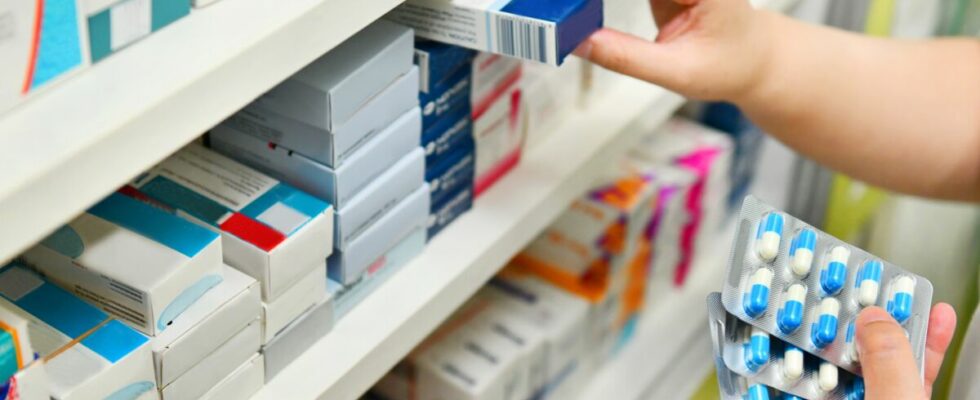To preserve their effectiveness, medications must be stored in optimal conditions. Precautions are essential in case of very high heat, but it is also important to be careful when the mercury drops. Extreme cold may affect the effectiveness of the medication.
Medicine and cold: what does the leaflet say?
To find out the optimal storage conditions for a medication, the first thing to do is to carefully read the information on the box. Before being placed on the market, all drugs are subjected to stability tests in various conditions: extreme heat and extreme cold. This makes it possible to determine, for each drug, what the ideal storage conditions are. Information which is always clearly specified on the packaging.
- Medicines to be stored between +2 and +8°C. The risk here is more that of exposure to heat, although it is advisable to exercise caution and reduce exposure to cold. Obviously, it is important to avoid the medication freezing at all costs.
- Medicines to be stored at a temperature below 25 or 30°C. Exposure to cold should not exceed a few hours; storage in a suitable insulated bag is essential.
- Medicines without special mention : storage at room temperature (this concerns most medicines). Avoid direct and prolonged exposure to extreme temperatures.
Regardless of the storage information, a medicine should always be stored in its original packaging. For example, we should avoid transferring tablets or capsules into a pill bottle if we have to travel.
Beware of liquid medications and blood glucose meters
Some medications are more sensitive than others to cold: ampoules, syrups and medications in liquid dosage form. The risk is that the medicine will freeze if exposed to cold for too long. Some medications are also marked “Do not refrigerate” or “Do not freeze”. This is particularly the case for hormones, vaccines but also insulin, which must always be stored at a stable temperature. “Their exposure to cold can have consequences on their stability or quality (through significant loss of effectiveness, irreversible crystallization, loss of homogeneity or protein denaturation” recalls the National Medicines Agency.
Particular vigilance is required with blood glucose meters, and all their reagents and strips. Exposed to too low temperatures, these readers can produce a false result or even display an error message. They must absolutely be stored and transported under specific conditions, specified in the instructions. If in doubt about the result in periods of extreme cold and if the meter has been exposed to extreme temperatures, it is essential to go to a pharmacy or a laboratory to recheck blood sugar levels quickly.
Sources:
- Health insurance – Prevent the risks linked to medications in the event of extreme cold
- ANSM – Update on the correct use of medications in the event of an episode of extreme cold
